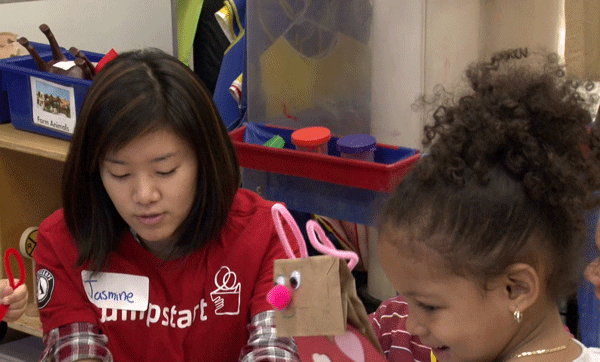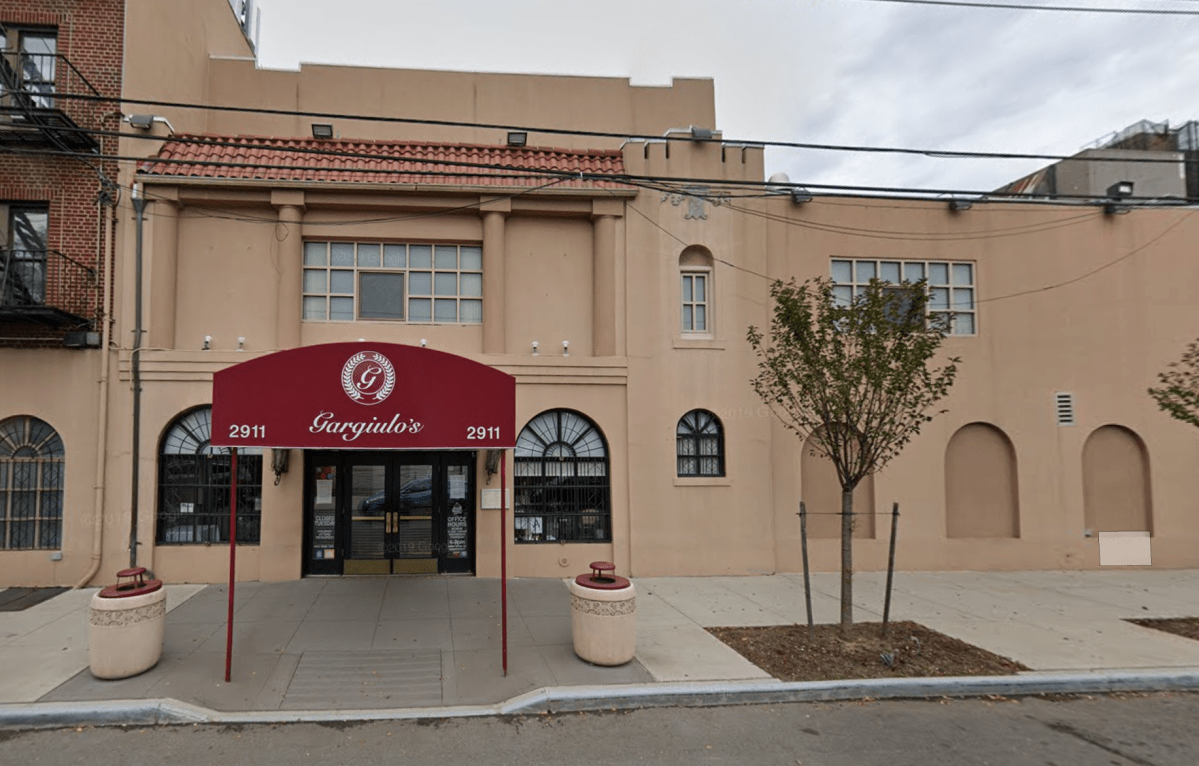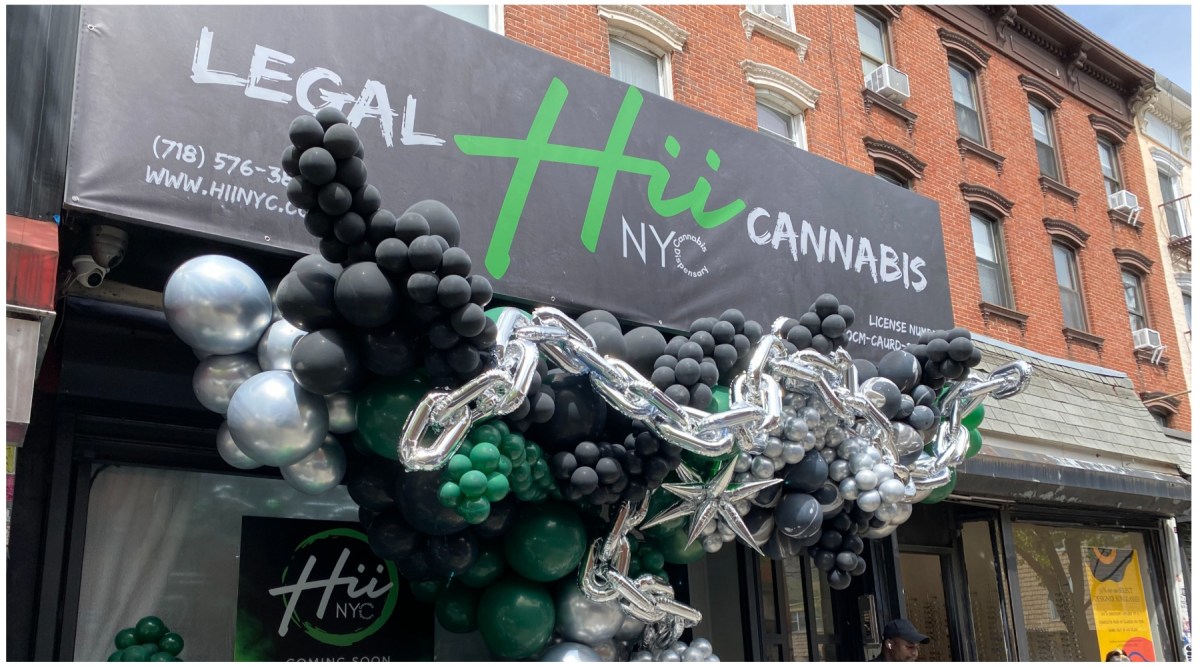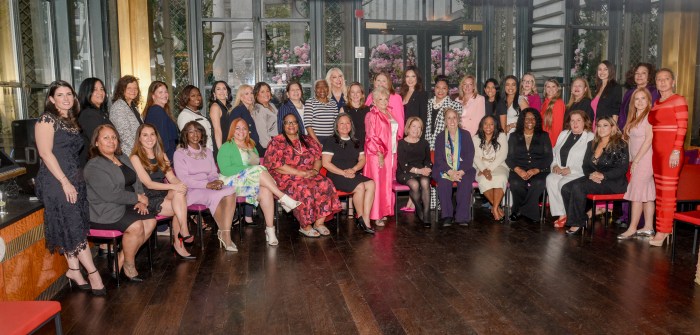 [/media-credit]
[/media-credit]
- Jumpstart N.Y.U. is part of a nonprofit organization dedicated to ensuring every American child enters school prepared to succeed. Jumpstart N.Y.U. brings university students together with Lower East Side preschoolers for a full school year of mentoring and tutoring.
BY CHRISTOPHER JAMES | NYU: New York University aims increasingly to be a university “in and of the city.” And during the last year, a wide range of positive, real-world changes brought to New York by the university’s community service initiatives have garnered local, national and even global acclaim for the university’s power to, as Hubbard put it, “make a difference in the world.”
This year alone has seen more than 15,000 students engage in community service work across the five boroughs, investing their skills, energy and time — every New Yorker’s most valuable commodity — into enhancing and supporting the communities that comprise the Big Apple. Thousands of New Yorkers benefit from university-led programs, such as Jumpstart, America Reads/America Counts and N.Y.U.’s mobile health and dental vans. Countless others benefit from the multitude of local nonprofit organizations aided by N.Y.U. Civic Team student volunteers and, often, supported by contributions from the university’s Community Fund.
In March, N.Y.U. was named with Distinction to the President’s Higher Education Community Service Honor Roll, an award recognizing schools that “reflect the values of exemplary community service and achieve meaningful outcomes in their communities.” The honor roll is intended to “celebrate the transformative power and volunteer spirit that exists within the higher education community,” and it is precisely this ideal that is being carried forward by the school’s Offices of Civic Engagement and Student Activities. In the words of Associate Director of Student Activities Adam Ebnit, “The lessons learned, skills acquired and the community built through participating in service initiatives support students in their personal and educational pursuits while providing a meaningful contribution to their communities.”
Service and stewardship are deeply rooted in the campus consciousness, but not every one of the school’s for-the-greater-good initiative manifests as community labor. In recent years many of N.Y.U.’s most far-reaching and vibrant achievements have come, both directly and indirectly, from the school’s Office of Sustainability.
Recently, the school’s Office of Sustainability announced its latest “Green Grant” recipients, selecting winners from dozens of innovative project ideas submitted by members of the campus community and designed to help the university reduce environmental impacts, engage with the community, and advance applied research and educational goals.
This spring’s eight projects focus on waste and energy reduction, renewable energy and sustainable food systems, and community engagement and outreach. Some, such as kinetic sculptures and cooking demonstrations designed as educational outreach tools, will be highly interactive. Others are less visible, but hold the potential to be even more far-reaching and relevant to our lives in and around the city — such as a new composting collection program that could keep innumerable tons of waste off of garbage trucks and out of landfills, and a student food co-op that will bring campus business to local farmers, reduce the environmental costs of long-haul food shipping, and cut down on food waste in dining halls.
“Green Grants demonstrate that N.Y.U. students, faculty and staff are committed to continually improving N.Y.U.’s approach to food consumption, purchasing and disposal, alongside a spate of non-food-related initiatives that maturely address some of the sustainability challenges facing N.Y.U.’s urban campus,” said David Seaward, N.Y.U. Green Grants coordinator. “The G.G. committee chose projects that potentially have civic engagement and positive sustainable outcomes not just for N.Y.U., but for the greater New York City community as well.”
Like many of this year’s Green Grant projects, sustainability’s achievements are often hiding in plain sight. That is as true of small-scale initiatives, like replacing standard light bulbs with compact fluorescents, as it is with the big milestones, like the high-efficiency co-generation power plant, a facility that produces 13.4 megawatts of electricity and is responsible for helping to reduce N.Y.U.’s greenhouse gas emissions by more than 30 percent since 2007 — and which lives beneath a public plaza on Mercer St.
This spring, N.Y.U.’s Kimmel Center offers an excellent opportunity to learn more about the campus’s strides forward in sustainability. An exhibition showcasing five years of sustainability programs and initiatives is currently on display in 13 of the building’s large street-level windows, at La Guardia Place and W. Third St. until May 18. Each 3-D window display contains graphics and images designed to engage and educate the viewer about N.Y.U.’s central sustainability themes, including green building projects, sustainable landscaping, the N.Y.U. Bike-Share, and the Co-Gen plant.
“The exhibit not only demonstrates the sustainability successes that have taken place on campus, but also recognizes the challenges ahead that can only be faced with the help of the larger N.Y.U. community,” said Pam Jean Tinnen, curator of collections and exhibitions at the Kimmel Galleries.
For its contributions to sustainability issues, the university was recently made a finalist in the Second Nature 2012 Climate Leadership Awards, a national competition among colleges and universities to earn the title of Most Innovative Climate Leader.
Not only this Climate Leadership Award nomination, but all of N.Y.U.’s accomplishments in sustainability and community service capture the university’s interwoven goals of giving back and building for the future — a calling that has defined what N.Y.U. has achieved in the last year, and has set the tone for how it will greet the years to come.
James is a member, New York University Office of Public Affairs


















